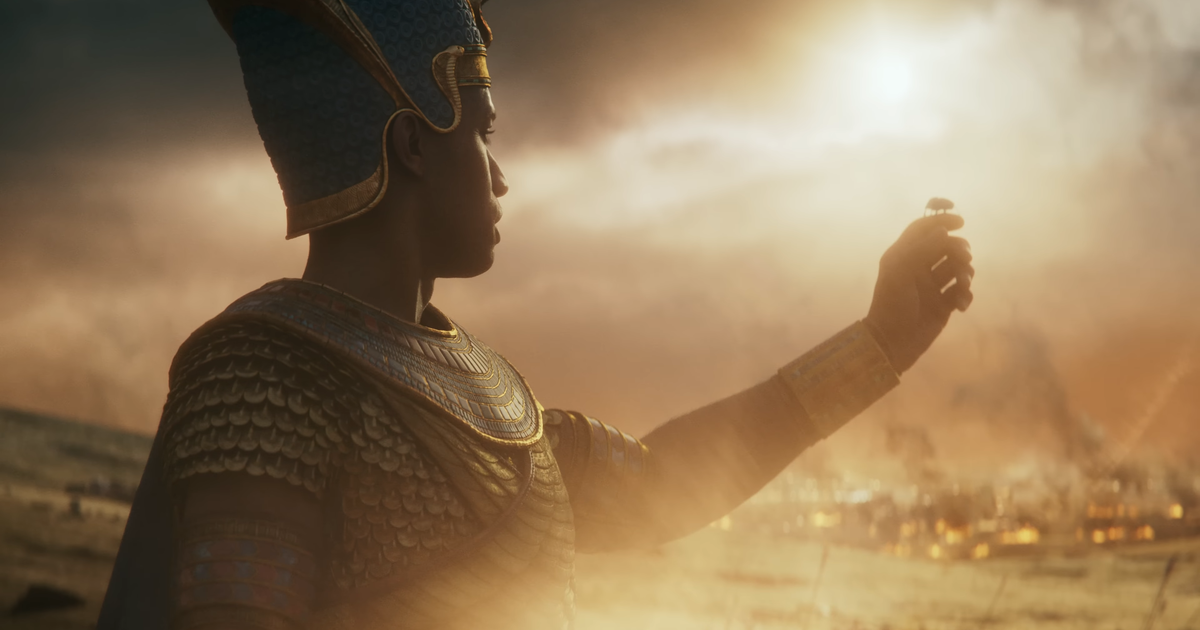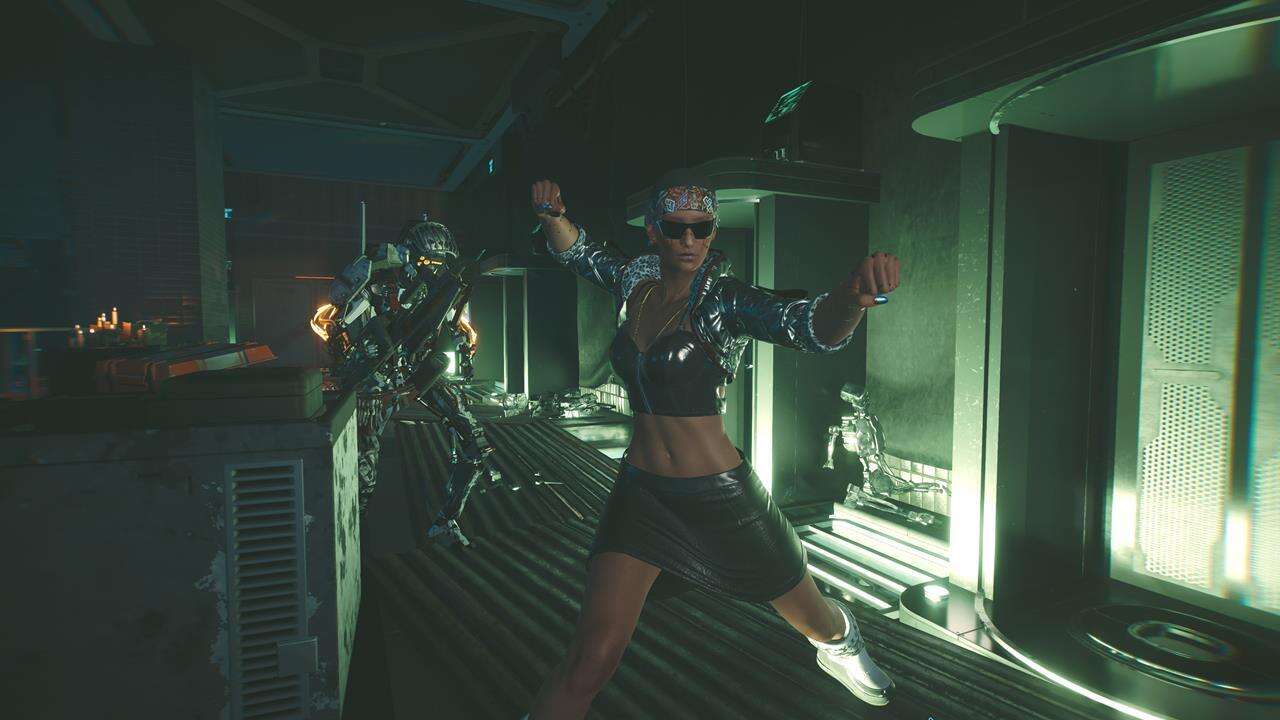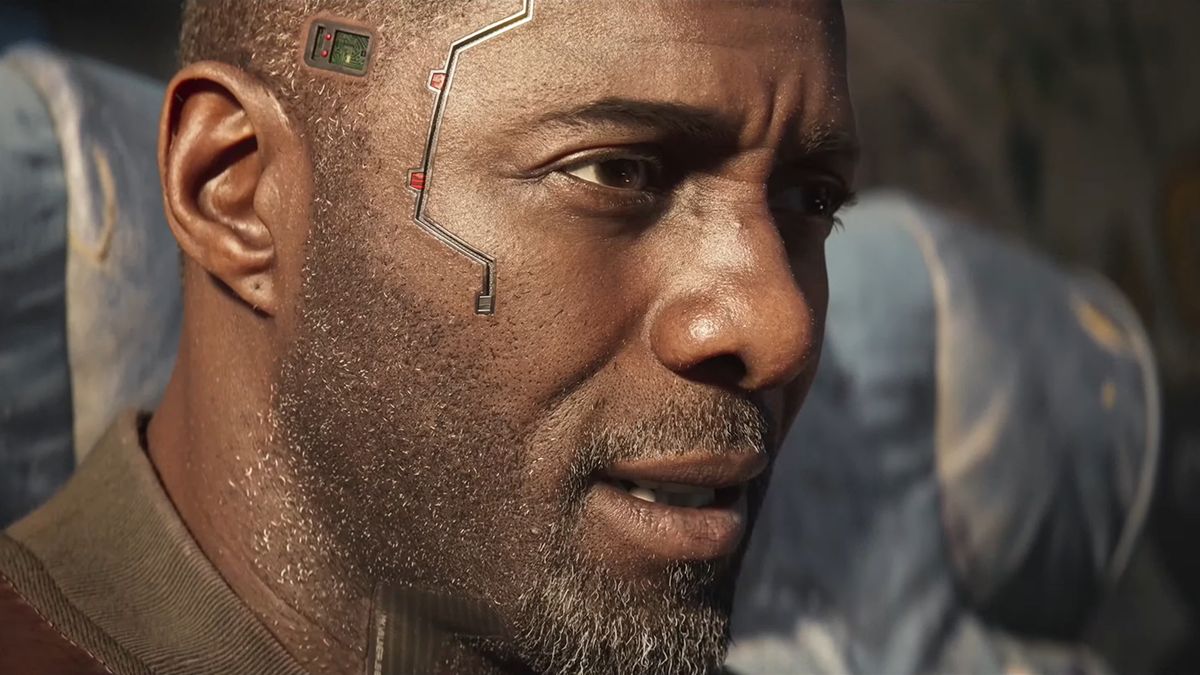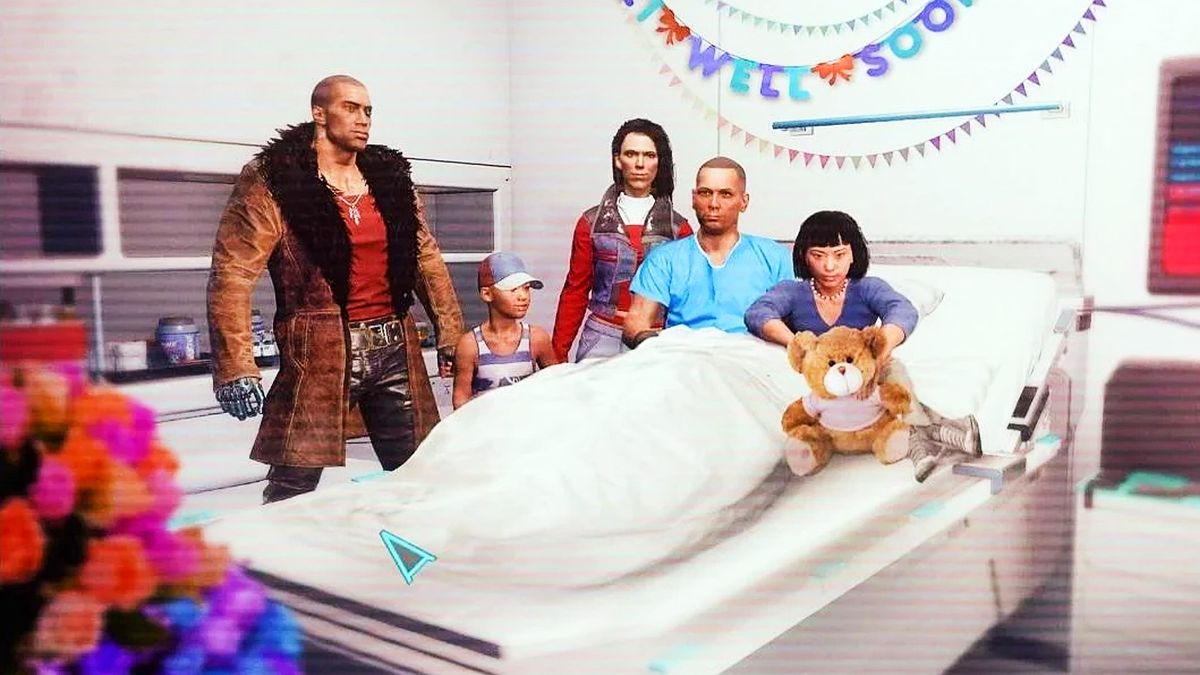Game developers have mixed reactions to Unity’s updated fee and apology. Some are “deeply happy,” while others remain concerned about the future and are considering alternative engines.
Game developers have mixed reactions to Unity's updated fee and apology. Some are "deeply happy," while others remain concerned about the future and are considering alternative engines.
Unity’s Fee Fiasco: A Comedy of Errors (with a Slightly Happier Ending)
Picture this: game developers all around the world are thrown into a state of shock and dismay as Unity, the popular game engine, announces a retroactive install fee. It’s like a plot twist that nobody saw coming, and it sends waves of panic through the gaming community.
But fear not, dear gamers and developers! Unity has finally come to their senses and issued a formal apology for their outrageous actions. They’ve made some revisions to their fee structure, although it’s still not quite perfect. Hey, at least they’re trying, right?
“Buy Cult of the Lamb now, cause we’re deleting it on Jan 1st. 😘”
So, what’s the deal now? Well, if Unity devs bring in over $1 million in revenue within 12 months, they’ll have two options: a 2.5% revenue share model or a “self-reported” fee based on new installs. It’s like choosing between a rock and a hard place, but hey, at least they’re giving you a choice.
Now, let’s talk about Unreal, another popular game engine. They also charge developers a revenue share fee, but it’s around 5%, without any subscription fee. So, it’s a bit of a toss-up between Unity and Unreal in terms of pricing.
- Metal Gear Solid locked at 30 FPS in Master Collection.
- AAA games are in big trouble, agrees Phil Spencer.
- Unity reveals new developer policy after controversial changes
“Relative to the bar being on the floor, this is an improvement.”
But here’s something to cheer about: if you’re using the free Personal version of Unity, you’re exempt from these fees. Unity has also promised that their Long Term Support (LTS) terms will remain in effect as long as you stick with that version of the engine. So, you won’t be hit with any unexpected fees for your existing Unity games.
However, some developers still have concerns about Unity’s commitment to avoiding future surprises. They feel like it’s a love-hate relationship, where Unity might just raise the price again in the future. It’s like trying to trust a mischievous cat with a fancy feast.
“This is a welcome ‘clarification’ from Unity and I think their calculator is something that helps understand the repercussions of these changes. However, this is only an improvement on what were ridiculous and unfeasible terms to begin with. If Unity were presenting a massive price increase like this (from Plus to Pro and 2.5%) off the bat, I don’t think people would be happy. However, relative to the bar being on the floor, this is an improvement.”
But let’s not dwell on the negative, my gaming comrades! There’s hope on the horizon. Industry consultant Rami Ismail believes that Unity is moving in the right direction. However, he also acknowledges that it will take time to regain trust and repair the damage caused by their fee fiasco.
“Right now, developers want reassurances that terms won’t get changed on them again, and given the broken trust, that might be impossible to do,” Ismail says. “But hey, kudos to Unity for their open letter and expanding the Personal tier of their subscription.”
But let’s get down to what really matters: the revenue share. This is what everyone has been clamoring for. Unity has come up with what might be the most complex revenue share model in the industry. Although, let’s be honest, how the heck are developers supposed to track those elusive “engagements”? Maybe they have a magic crystal ball hidden somewhere.
“re: unityits a bandaid/offramp so you can finish your current projects without too much worry, but going forward the cost for unity is now very comparable to Unreal (unity 2.5% with a per-seat subscription license, vs unreal 5% with no subscription fee). So go on, compare”
The general consensus among developers is that Unity’s fee fiasco is like a Band-Aid, a temporary solution to let them finish their current projects in peace. But when it comes to future projects, the cost of using Unity is now comparable to Unreal. It’s like choosing between two different flavors of gelato, both with their own unique perks.
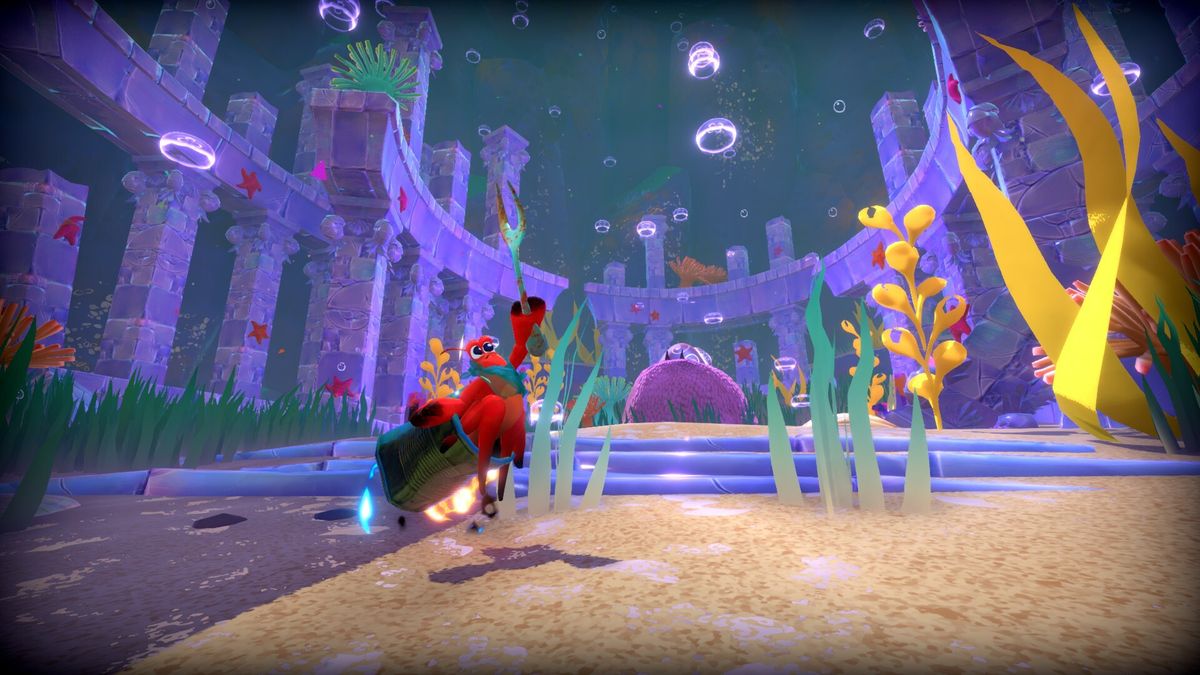
“Getting so publicly called out is a very difficult position to get yourself out of.”
But let’s not forget the fallout from Unity’s fee debacle. Antoine Bordeleau from indie specialist marketing agency Purple is Royal points out the serious breach of trust that Unity has created.
“When you are a vital part of a creative ecosystem, and literally the backbone behind a ton of creators’ livelihoods, you absolutely cannot put forth public statements with blind angles all around them,” Bordeleau highlights. “Unity will have a hard time healing the breach of trust that they created here.”
Maxwell Kunze from Hoversport Studios also shares the sentiment of many developers. He has lost trust in Unity and is now wary of their intentions, especially when it comes to tracking installs.
“It’s nice to know that while Unity doesn’t have my back, the indie game dev community does.”
But amidst all the chaos, there’s a silver lining. The indie game dev community has come together in support. They’ve rallied against Unity’s proposed fee and showcased their unity (pun intended) in standing up for other tools like Godot. It’s like a heartwarming scene from a cozy indie game.
So, my fellow gamers and developers, while Unity may have stumbled along the way, let’s focus on the positive. The gaming community has shown its strength and unity (yes, again, pun intended). And hey, if Unity ever lets you down, just remember that there’s always an army of insane developers ready to assist in whatever gaming endeavor lies ahead.
Now go forth, my friends, and game on with a renewed sense of peace and camaraderie!
Oh, and Unity, let’s try to avoid any more wacky plot twists in the future, shall we?
Source: Original Content
